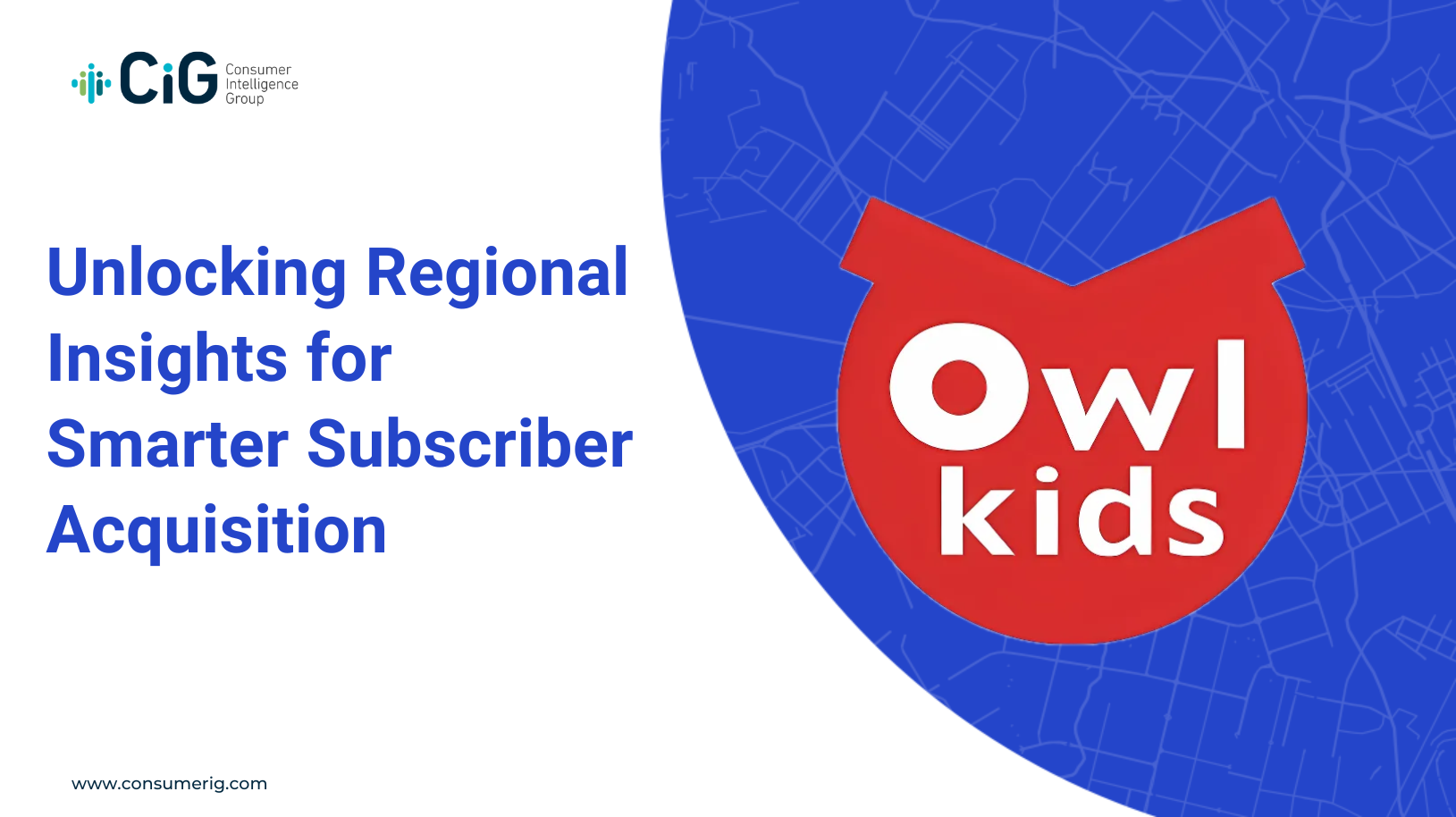As Canadians, we’re known for being polite, but we’re also principled. We believe in fairness, boundaries, and in protecting what matters. That mindset shapes how we do business, how we engage consumers, and how we approach data and privacy.
In a world filled with persistent IDs and cross-channel tracking, it’s time for Canadian marketers to put our elbows up.
What The Industry Is Saying
The 2025 Mobile Intelligence Review (MIR) report does a strong job of outlining how identity resolution platforms like RampID, Adobe Experience Cloud, and others are powering people-based marketing. These platforms unify cookies, hashed emails, device IDs, and offline data to enable personalization across screens and touchpoints.
It’s an impressive model. However, it reflects a U.S. framework centred on technical compliance and post-collection permission structures.
Most consumers are unaware of what information is being collected about them or how to opt out. Those who are aware employ technology countermeasures, such as VPNs, Ad blockers, and tracking blockers. And that lack of transparency undermines trust. When IDs are tied to interests, purchases, or behaviours, they become proxies for identity. It may not say “Jane Smith from Toronto,” but it doesn’t need to. The digital fingerprint is detailed enough.
For Canadian marketers, it’s worth asking: does that model reflect our values or meet our regulatory standards?
Canadian Law Is Clear: Consent Must Be Meaningful
Under PIPEDA, consent isn’t something you imply after the fact. It must be meaningful, informed, and provided before collection.
That principle was at the heart of a landmark ruling I remember well, because I was there. While at Generation 5, we were part of Case Summary 2001-002, which evaluated whether appending postal code-level consumer data to street address files for marketing purposes was compliant under PIPEDA.
The result? A clear and instructive outcome: aggregated or projected data was compliant, since an individual could not be identified.
That ruling affirmed something vital for the industry: privacy-respectful targeting is possible when it is designed correctly. It shaped my thinking then, and it continues to influence how we build at CiG today.
If a consumer doesn’t know what’s being captured about them, or if they never agreed to it, then we’re not just crossing a legal line; we’re also violating their privacy.
We’re breaking the promise our brands make: to be trustworthy stewards of data.
A Better Way: Privacy-First Targeting With intelligentVIEW
At CiG, we’ve taken that lesson to heart. We don’t believe privacy is a compliance box you check later. It has to be baked into your design.
That’s why our intelligentVIEW platform avoids behavioural surveillance altogether.
We use mobile advertising identifiers (IFAs) that are:
- Fully anonymous
- User-controlled (consumers can reset or revoke them at any time).
- Encrypted and never extractable
These IDs are linked not to personal data, but to aggregated, postal code-level insights that cover demographics, psychographics, and lifestyle indicators. It’s like the street address case back when I was at Generation5, only with far more user control and anonymity.
No personal profiles. No tracking behaviours. No assumptions of consent.
And critically: no data until there’s a green light.
Targeting only activates when someone chooses to engage by visiting a site, submitting a form, or asking for more information. Until then, their journey remains private.
From that point forward, it’s the brand’s responsibility to:
- Protect that information.
- Keep it secure.
- Use precious information to deliver a valuable experience, not just a more personalized ad.
This Isn’t a Limitation. It’s a Competitive Advantage.
With intelligentVIEW, marketers don’t have to choose between privacy and performance. You can still:
- Reach 100 percent of Canadian households.
- Add tens of thousands of postal code consumer attributes to your targeting and insights arsenal.
- Activate exactly the same audiences across digital, mobile, CTV, direct mail, out-of-home, and broadcast.
- Build trust instead of eroding it.
- Comply with privacy law and consumer expectations.
Proper omnichannel targeted marketing, all without stalking people across the internet.
Let’s Celebrate the Way We Market
Other markets are still racing to stitch together identity graphs. –We’ll choose transparency.
They’ll rely on [some brand]ID. –We’ll rely on values.
They’ll build targeting on what they can collect. –We’ll build it on what consumers choose to share.
If your team is rethinking how to balance privacy, performance, and trust in a Canadian context, request a demo of intelligentVIEW. I would be happy to show you how our platform helps you target your next best customers with integrity.






